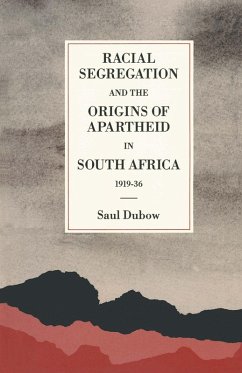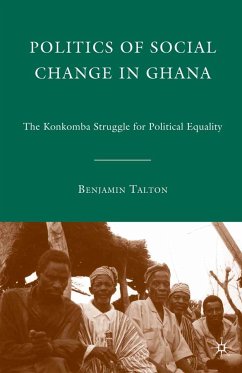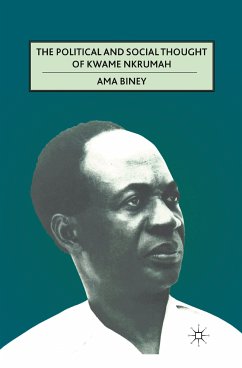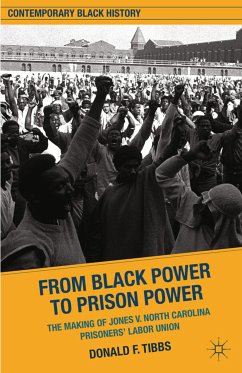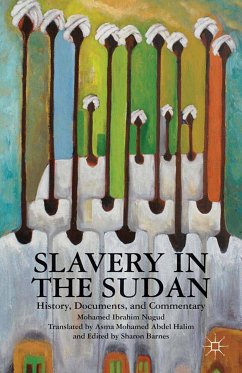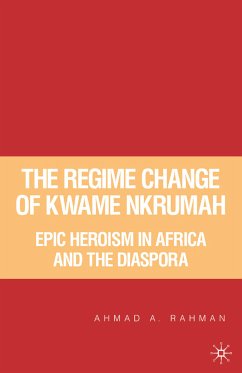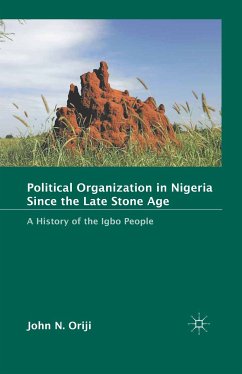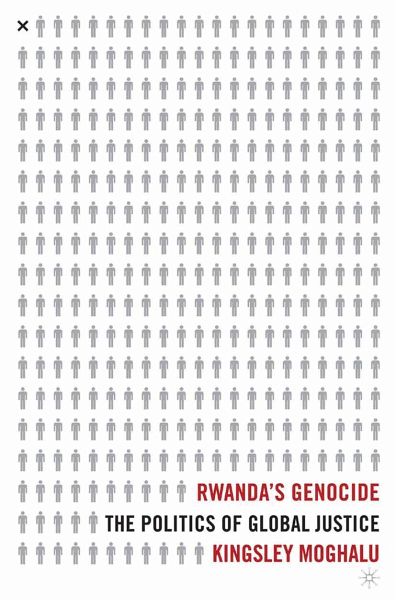
Rwanda's Genocide (eBook, PDF)
The Politics of Global Justice
Versandkostenfrei!
Sofort per Download lieferbar
40,95 €
inkl. MwSt.
Weitere Ausgaben:

PAYBACK Punkte
20 °P sammeln!
In Rwanda's Genocide , Kingsley Moghalu provides an engrossing account and analysis of the international political brinkmanship embedded in the quest for international justice for Rwanda's genocide. He takes us behind the scenes to the political and strategic factors that shaped a path-breaking war crimes tribunal and demonstrates why the trials at Arusha, like Nuremberg, Tokyo, and the Hague, are more than just prosecutions of culprits, but also politics by other means. This is the first serious book on the politics of justice for Rwanda's genocide. Moghalu tells this gripping story with the ...
In Rwanda's Genocide , Kingsley Moghalu provides an engrossing account and analysis of the international political brinkmanship embedded in the quest for international justice for Rwanda's genocide. He takes us behind the scenes to the political and strategic factors that shaped a path-breaking war crimes tribunal and demonstrates why the trials at Arusha, like Nuremberg, Tokyo, and the Hague, are more than just prosecutions of culprits, but also politics by other means. This is the first serious book on the politics of justice for Rwanda's genocide. Moghalu tells this gripping story with the authority of an insider, elegant and engaging writing, and intellectual mastery of the subject matter.
Dieser Download kann aus rechtlichen Gründen nur mit Rechnungsadresse in A, B, BG, CY, CZ, D, DK, EW, E, FIN, F, GR, HR, H, IRL, I, LT, L, LR, M, NL, PL, P, R, S, SLO, SK ausgeliefert werden.




